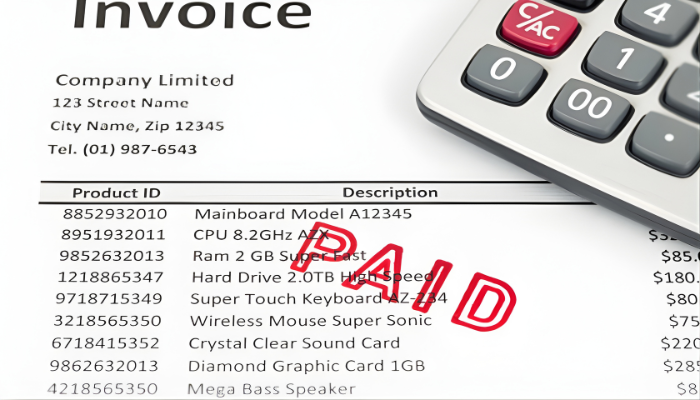
If you've heard of invoice factoring in the past, you might be surprised to find that the industry has gained a good reputation in recent times. Rather than being considered as a "last resort", factoring has become the go-to form of funding for many small businesses. In fact, some companies have decided to use factoring rather than applying for traditional sources of financing such as small business loans.
The Use of Factoring in Modern Business Funding
One of the reasons factoring has grown in popularity has to do with the tightening of most lending requirements. Small business owners, in particular, may have a difficult time getting their loan requests approved. This is especially true if you've recently opened your company's doors or if your personal credit is less than satisfactory. With invoice factoring, though, you can avoid many of these challenges altogether, since factoring doesn't require a credit check or proof of a profitable bottom line.
Why Factoring Can Help You Focus on Your Business
Factoring often appeals to small business owners because it offers a quick way to increase cash flow. However, one of the lesser mentioned benefits of factoring has to do with accounts receivables. When you factor your invoices, you are selling not only the invoice value, but the responsibility for collecting payments. This means that you are basically outsourcing the typical accounts receivable duties to the factor.
The great thing about this part of factoring is that you're unloading the usual recordkeeping, collection duties, and customer service that you'd normally have to perform yourself. Depending on the number of invoices you factor, this can save you a considerable amount of time in the course of your typical business day. Instead of spending so much time working on your outstanding invoices, you can invest that time into increasing your marketing efforts or expanding your business.
What If Your Client Defaults?
A major concern with factoring, though, is what may happen if your client never pays the invoice off. If you go through the traditional factoring route, you may find that you're liable for repaying the advance to the factor company. This is one reason why it is so important to read the fine print of your factoring contract. Typically, if you're able to get a contract that carries a very low transaction fee, then you're probably assuming responsibility for a defaulting customer.
If you're willing to pay a few more percentage points in fees, though, you could request a non-recourse factoring contract. This agreement absolves you of responsibility if the customer doesn't pay his or her invoice. In this way, you can enjoy the benefits of factoring and assume none of the risks.
Invoice factoring may be just what you've been looking for to help your small business get access to fast cash. Since you won't have to take on additional debt, you can increase funding without overloading your balance sheet.

















